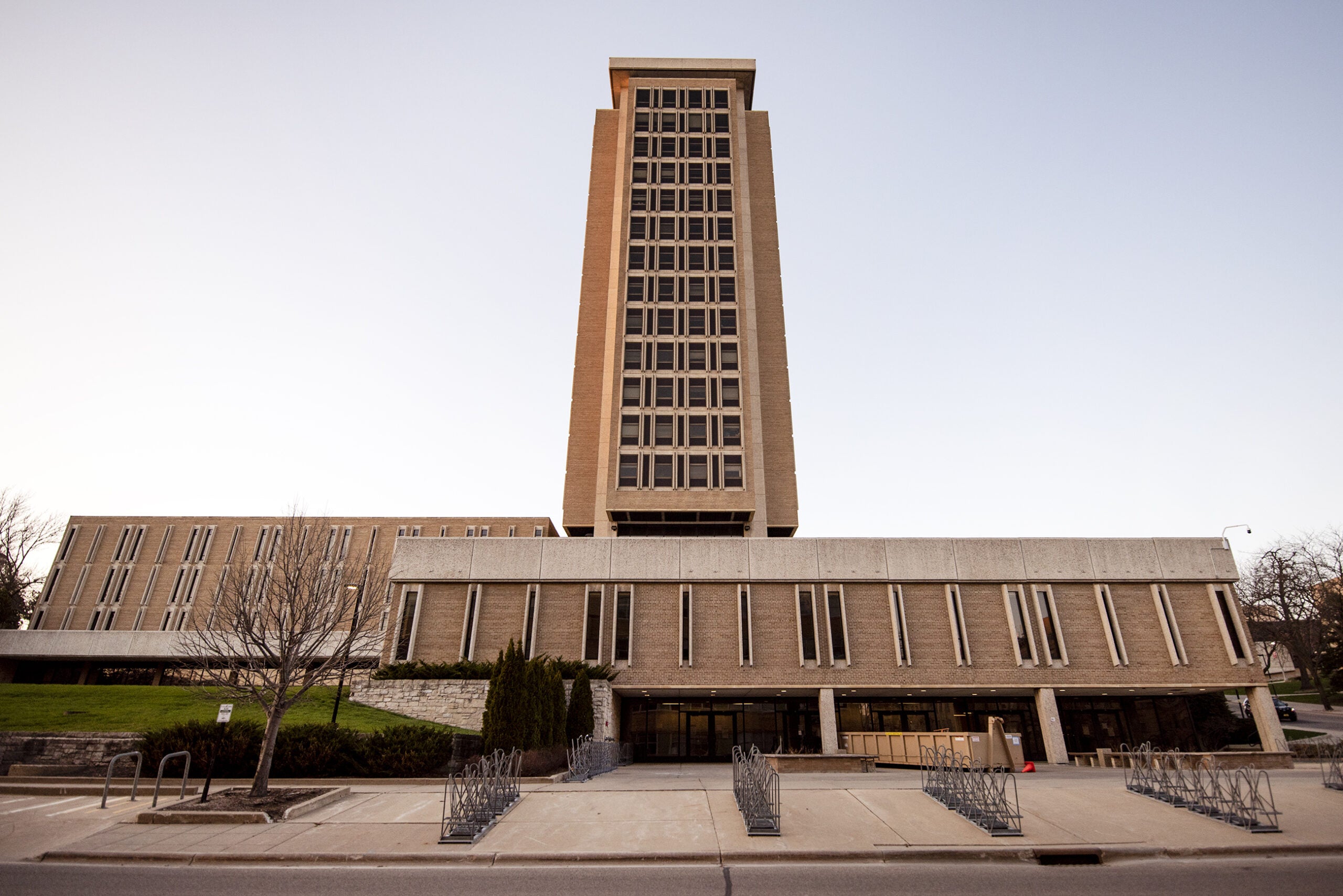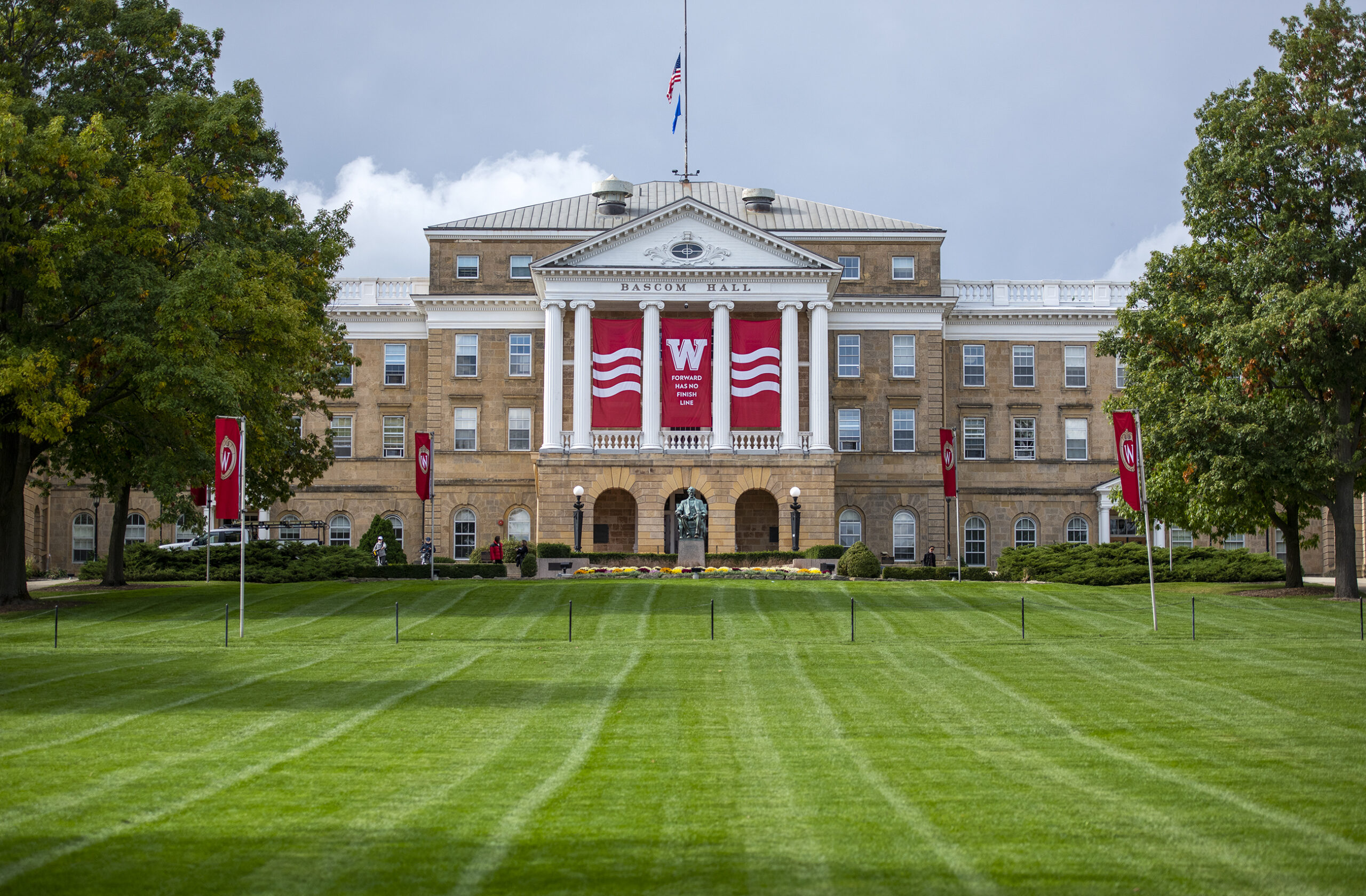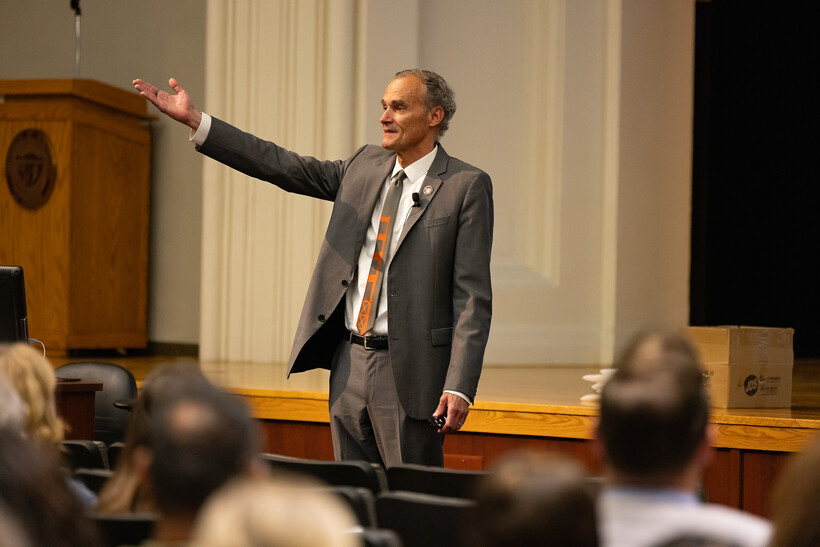The University of Wisconsin System regents have approved a budget that will raise student fees as well as room-and-board costs.
The regents approved the system’s 2018-19 budget Friday at UW-Milwaukee. The $6.34 billion budget raises student fees at four-year schools an average of $33. Room and board will increase an average of $118.
Breakdown Of Increases
Stay informed on the latest news
Sign up for WPR’s email newsletter.
More than half of the student fee increases at the four-year universities will be used to cover costs related to the UW-Platteville Fieldhouse, UW-La Crosse Fieldhouse and UW-Stevens Point Health and Wellness Facility.
Slightly more than a quarter of the increases are related to contractual obligations.
About 11 percent of the increases to student fees at the four-year universities will pay for student initiatives, which included an increase of mental health services at UW-Milwaukee, a counselor position at UW-Stout and a diversity and inclusivity position at UW-River Falls.
About 63 percent of increased room-and-board costs at the four-year schools are related to new residence halls at UW-Eau Claire and UW-Whitewater, as well as a building remodel at UW-Stout.
An estimated 19 percent of the room-and-board increases are related to campus contracts mostly related to food services.
Student costs would remain relatively flat across two-year schools, although UW-Marinette students will see a $9 increase in fees and a $227 increase in housing rates. UW-Marathon County students will see a $65 housing increase and a $56 increase in meal costs.
The budget doesn’t raise tuition for any students.
Future Budget Concerns
While regents praised the limited increases to students, some regents expressed concern over the six-year tuition freeze.
Regent Robert Atwell said he wondered if keeping tuition down meant handicapping campuses in the future.
“They’re not going to say, ‘Please charge me more,’ but there are a substantial body of parents and students who can and would be willing to pay more and when you hold it down, you walk away from that revenue,” Atwell said, adding it would be good to know the impact any decreases or increases in tuition would have on enrollment.
S. Mark Tyler, president of the Wisconsin Technical College System Board, said the balance between making school affordable without sacrificing quality is something technical colleges have been considering.
“As we’ve gone back and polled students, as we do every year, students have consistently supported modest increases because they know that in time, no increase is going to impact the ability of the institution to provide quality education delivery.”
Tyler said there was a likely limit as to what reduced tuition does in increasing enrollment —something the system has been trying to do as it has seen its enrollment numbers dip in recent years.
“But at some point, it does impact our ability to deliver quality,” he said.
Regents like Atwell said they hoped to start conversations about balancing affordability and quality on campuses.
Ryan Ring, a senior at UW-Eau Claire and student regent, said he’s in support of tuition remaining frozen for now but he’s open to having more discussions about tuition in the future.
Financial Aid Requests
The regents also voted to ask the state Higher Educational Aids Board to request a biennial $6.5 million increase in student financial aid in the next state budget.
The request is so that the Wisconsin Higher Education Grant awarded by the system with state funding keeps pace with what the average award was worth 10 years ago.
System President Ray Cross says these financial awards are the largest need-based state program for residents.
“One in every four resident undergrads, more than 30,000 students, received one of these grants in 2016 or ’17,” he said. “The average grant was a little over $2,000.”
The regents’ request will go to the state Higher Educational Aids Board this summer. If the board approves the request, it will to the governor in September to be considered for the 2019-21 biennial state budget.
Editor’s note: This story was last updated at 4 p.m. Friday, June 8, 2018.
Wisconsin Public Radio, © Copyright 2024, Board of Regents of the University of Wisconsin System and Wisconsin Educational Communications Board.





